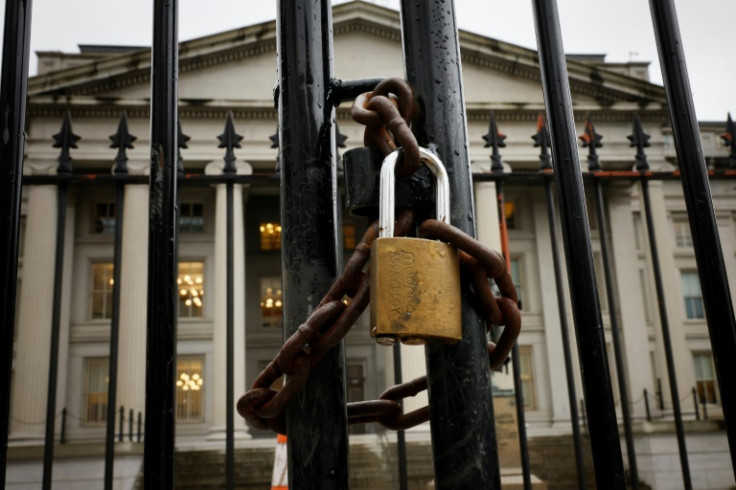US 30-Year Treasury Yield Touches 5% As Global Bond Sell-Off Deepens

The yield on the U.S. 30-year Treasury briefly climbed back to the 5% level this week, rekindling market anxieties over government borrowing costs and long-term fiscal sustainability.
Investors demanded higher compensation to hold longer-dated U.S. debt, a shift that analysts linked to persistent concerns about federal deficits, questions over revenue streams, and uncertainty surrounding the Federal Reserve's policy independence. According to Reuters, the move marked the first time since mid-July that the long bond tested the symbolic 5% threshold, a level not seen consistently in more than two decades.
The sell-off rippled across global markets. Japan's 30-year government bond yield reached a record high of around 3.28%, while in the United Kingdom, 30-year gilt yields spiked to nearly 5.75%, the highest since 1998, before easing later in the session. In Europe, yields on French and German debt also hovered near multi-year peaks, reflecting what the Financial Times described as mounting fiscal pressure across advanced economies.
Market participants cited several forces driving the shift: a heavier pipeline of government bond issuance, waning appetite from traditional long-term buyers such as pension funds and insurers, and fading central bank support. In the U.S., a recent court decision striking down portions of Trump-era tariffs has further fueled debate over federal revenue and deficit risks, as reported by the FT.
The widening spread between two-year and 30-year U.S. yields, the steepest since late 2021, underscores the unease about the long-term outlook, analysts told Reuters.
Although bond markets steadied somewhat after Tuesday's sharp moves, caution remains high. Investors are weighing weaker U.S. labor market signals, growing fiscal concerns, and the possibility of a Federal Reserve rate cut later this month.
As Reuters noted, the climb in long-term yields has revived memories of past bond market routs that spilled over into equities and credit markets, keeping traders on edge as September trading gets underway.
© Copyright IBTimes 2025. All rights reserved.





















